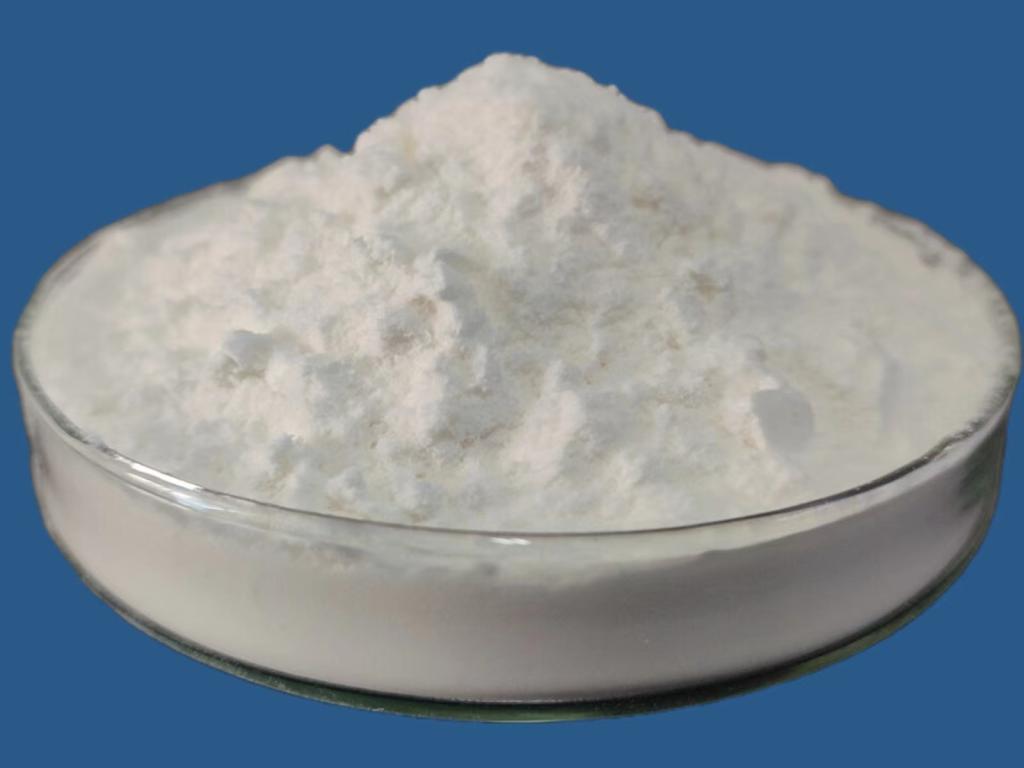Tel:+8618231198596

News
 CONTACT
CONTACT
 CONTACT
CONTACT
- Linkman:Linda Yao
- Tel: +8618231198596
- Email:linda.yao@dcpharma.cn
- Linkman:CHARLES.WANG
- Department:Overseas
- Tel: 0086 0311-85537378 0086 0311-85539701
News
Current Position:
Home >
News
>How does ε-Polylysine hydrochloride compare to other natural preservatives?
How does ε-Polylysine hydrochloride compare to other natural preservatives?
TIME:2023-03-16
Nisin
Nisin is a natural preservative that is widely used in the food industry. It is a bacteriocin produced by the bacteria Lactococcus lactis and has been shown to have a broad spectrum of antimicrobial activity against a range of gram-positive bacteria, including Listeria monocytogenes, Staphylococcus aureus, and Bacillus cereus. Like ε-Polylysine hydrochloride, it is effective at low concentrations and has been shown to be safe for consumption. However, it is not effective against gram-negative bacteria, which limits its usefulness in some applications.
Natamycin
Natamycin is a natural antifungal agent produced by the bacterium Streptomyces natalensis. It is widely used in the food industry to prevent the growth of molds and yeasts in cheese, baked goods, and other products. Like ε-Polylysine hydrochloride, it is effective at low concentrations and has been shown to be safe for consumption. However, it is not effective against bacteria, which limits its usefulness in some applications.
Rosemary Extract
Rosemary extract is a natural antioxidant and antimicrobial agent that is derived from the leaves of the rosemary plant. It is widely used in the food industry to prevent the oxidation of fats and oils, which can cause rancidity and spoilage. It has also been shown to have antimicrobial activity against a range of bacteria and fungi. While it is effective at low concentrations and is considered safe for consumption, it is not as broad-spectrum as ε-Polylysine hydrochloride and may not be effective against certain types of bacteria.
Citrus Extracts
Citrus extracts, such as lemon and grapefruit seed extract, are natural preservatives that are derived from the seeds and pulp of citrus fruits. They have been shown to have antimicrobial activity against a range of bacteria and fungi and are commonly used in the food industry as a natural alternative to synthetic preservatives. While they are effective at low concentrations and are considered safe for consumption, they are not as broad-spectrum as ε-Polylysine hydrochloride and may not be effective against certain types of bacteria.
Vinegar
Vinegar is a natural preservative that has been used for centuries to preserve food. It is a weak acid that lowers the pH of food products, making it difficult for bacteria to grow. While it is effective against certain types of bacteria, it is not as broad-spectrum as ε-Polylysine hydrochloride and may not be effective against some of the more problematic foodborne pathogens, such as Listeria monocytogenes.
In conclusion, while there are a variety of natural preservatives available, ε-Polylysine hydrochloride stands out as a broad-spectrum antimicrobial agent that is effective at low concentrations and is considered safe for consumption. While other natural preservatives may be effective in certain applications, they may not be as broad-spectrum or effective at low concentrations as ε-Polylysine hydrochloride. Overall, ε-Polylysine hydrochloride is a promising natural preservative that is well-positioned to meet the growing demand for clean label ingredients in the food industry.
- Tel:+8618231198596
- Whatsapp:18231198596
- Chat With Skype







